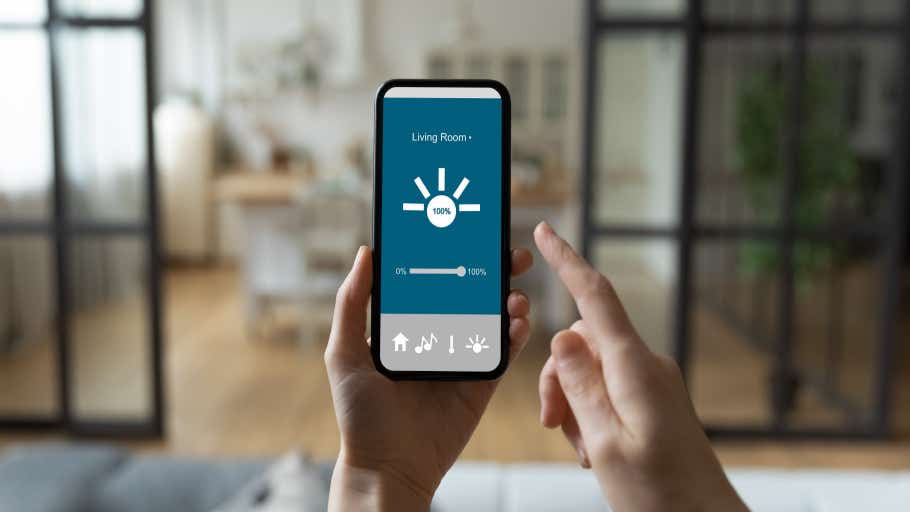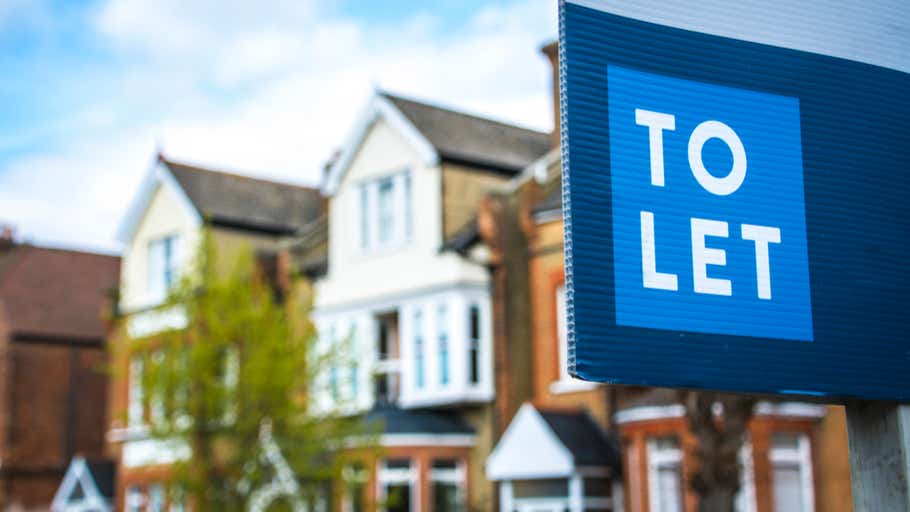Compare home insurance quotes
Get a quote in minutes and see what you could save on your home insurance
What is home insurance?
Home insurance, also called house insurance, is a type of insurance used to protect your home. As long as your premium is paid on time each month your home will be covered for insurance risks such as fire, flood, subsidence, theft and other emergencies.
Do I need home insurance?

It's a good idea to protect your home and the items within it, with a home insurance policy. The cost of rebuilding your home after a fire or flood would be more than most people could afford.
Most people underestimate the value of their belongings and the potential cost of buying everything new again if they're stolen or damaged.
It's important to shop around for the best quotes. The cheapest home and contents insurance may not be the best cover for you.
What type of home insurance do I need?
Buildings insurance
Covers the structure of your home and provides insurance against fire, flood, subsidence and the cost of rebuilding. It only covers the bricks and mortar of your home, not the contents.
You only need buildings insurance if you own the property, not if you rent it or are a tenant.
Contents insurance
Protects your possessions within your home, garages and outbuildings if you choose to include these within the scope of the policy.
Contents insurance is not compulsory, but is a good idea as the cost of replacing your possessions if they were stolen or destroyed in a fire could be high.
Combined home insurance
You can buy building insurance and home contents insurance separately.
Alternatively, you can buy them together in a single home insurance policy to protect your house.
This is often called buildings and contents insurance.
Author Ben Gallizzi Last updated April 18th 2024
How do I choose the best home insurance for me?
The best home insurance policy is one that meets your needs and covers all the possible risks to your home and its contents.


Leoni Moninska, Insurances ExpertComparing and finding the home insurance policy most suited to your needs is the best way to make sure that all your personal belongings are covered in the event of an emergency. Some policies may require additional cover for high value items and it's important to make sure these are added on to your policy.”
Find the home insurance provider that suits you
We compare home insurance from over 70 insurance providers across the UK so that you can choose the deal that’s right for you.
See all home insurance providers we work with at Uswitch and compare today.

Admiral

Hastings Direct

AXA

Churchill
Tips on how to get cheaper home insurance quotes
Find home insurance cover that’s right for you
While standard home insurance work for most people, there are also specialised home insurance policies that might be more suited to your needs.
Compare home insurance quotes

Home Insurance comparison is powered by Confused.com which is a trading name of Inspop.com Limited who are authorised and regulated by the Financial Conduct Authority. Registered office; Greyfriars House, Greyfriars Road, Cardiff, CF10 3AL, registered in England and Wales 03857130. Please note, we cannot be held responsible for the content of external websites and by using the links stated to access these separate websites you will be subject to the terms of use applying to those sites. By using this system you are also agreeing to our Terms and Conditions and Privacy Policy. Uswitch is an intermediary and receives a percentage of the commission if you decide to buy through us.








